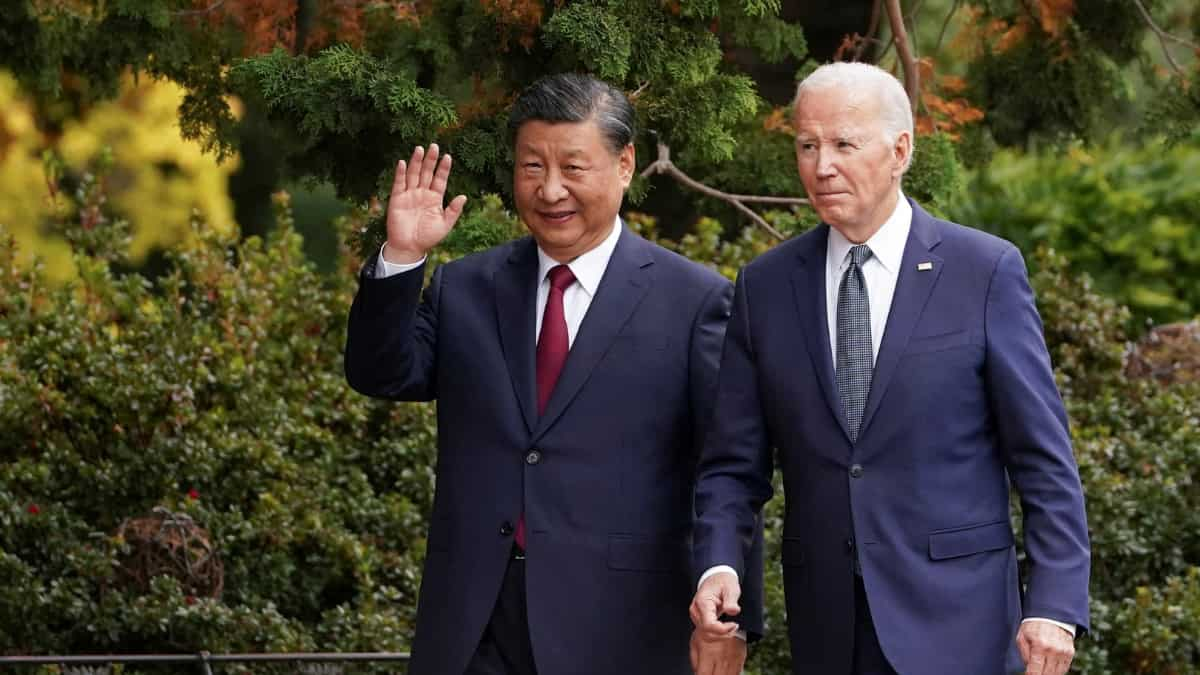US-China Relations: Biden and Xi Jinping Discuss Sensitive Issues
United States President Joe Biden spoke to his Chinese counterpart Xi Jinping amid tensions simmering across the sensitive Taiwan Strait. The call comes ahead of Taiwan’s presidential inauguration in May, with Washington hoping to prevent escalation.
Importance of Peace and Stability
Biden highlighted the importance of maintaining peace and stability across the Taiwan Strait and emphasized the rule of law. He also mentioned the freedom of navigation in the South China Sea.
First Direct Conversation Since 2022
This call marks the first direct conversation between Biden and Xi since July 2022. Both leaders praised channels of communication and expressed a commitment to managing their relationship through high-level diplomacy.
Controversial Post-Meeting Comments
Following their meeting in Woodside, California in November 2023, Biden’s comments referring to Xi as a dictator stirred controversy. The remarks upset China and raised tensions between the two nations.
Candid and Constructive Discussion
According to the White House, Biden and Xi engaged in a candid and constructive discussion on various bilateral, regional, and global issues. They addressed areas of cooperation as well as areas of difference.
US Support for Beijing’s “One China Policy”
A senior administration official mentioned that Biden was expected to reaffirm US support for Beijing’s “One China policy” during the call with Xi Jinping.
Concerns Raised by Biden
Biden raised concerns over China’s support for the Russian defense industrial base and its impact on European and transatlantic security. He also reiterated America’s commitment to the “complete denuclearization” of the Korean Peninsula.
Besides global conflicts, Biden expressed worries about China’s “unfair trade policies” and “non-market economic practices” that have been detrimental to US workers and families.
Commitment to National Security
Biden assured Xi that the US would take “necessary actions” to safeguard advanced US technologies from being misused to undermine national security, while also promoting trade and investment.
















































